
THE ILS-LIFE SAVING ACADEMY PRESENTS AS A TWO-DAYS INAUGURAL COURSE:
ROLE OF LIFEGUARD ORGANISATIONS
IN FLOOD DISASTER
18 – 19 November 2025
Attention: change of location of the course: this is Park Regency Hotel.
Participants of the course who have booked in the Old Vic hotel will be transferred in the morning to the Park Regeny Hotel and back to Old Vic in the evening.
Attendants:
Persons from ILS, other NGO’s and governments who are in a responsible roles in flood mitigation and response, or those interested in taking these roles in the future
Course Location:
Attention: change of location: Park Regency Hotel. Old Vic Sharm Resort
Registration:
https://wcdp2025.com/delegate-registration/
Participation in the WCDP2025 is NOT a requirement to register for the flood course
Course Fee:
€380 including course material, breaks, lunches and dinner during first evening
For a limited number of delegates from developing nations with formal positions in this field a special rate can be made. Please contact the dean of the ILS-LA academy at jbierens@euronet.nl
Course Director:
Adrian Mayhew
Since the flood course has been announced early this year, there have been major floods around the world every month. Indeed, there is no escaping that floods are increasing in frequency and intensity in many parts of the world. Many lifesaving organisations are involved, have been asked to be involved or consider to be involved as part of the disaster response mechanism.
It is evident that running a beach is a different game than being involved in flood rescues.
This course will provide information, experience, guidance and network instrumental to lifesaving organisations in a format that has never been available before at a lifesaving conference, and likely not in the near future.
Most important learning goals are aimed at how improving collaboration with governments, national disaster organisations, crisis management and local communities. The overall objective is that lifeguard organisations can optimize their potential in this emerging domain and that other organisations better understand how to use the high potential of lifesaving organisations.
For additional information, contact Joost Bierens, dean, ILS-Lifesaving academy at jbierens@euronet.nl
Meet the Experts
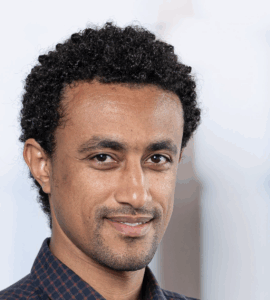
Yared Abayneh Abebe
Ethiopia and the Netherlands
Yared Abayneh Abebe PhD is a researcher at the Delft University of Technology, contributing to the Pandemic and Disaster Preparedness Center (PDPC) project Pandemic lessons for flood disaster preparedness. His work focuses on the impacts of floods on healthcare facilities and their flood risk reduction strategies. He collaborates with experts in disaster logistics, crisis management and health system governance. His expertise has particular emphasis on hydrodynamic modelling of floods and hurricanes, vulnerability and risk assessment, and the evaluation of flood risk reduction measures, including grey infrastructure and nature-based solutions.

Shayne Baker
Australia
Shayne Baker PhD OAM is a volunteer lifeguard with the Royal Lifesaving Surf Australia (RLSSA) and Surf Lifesaving Queensland (SLSQ) as well as an active member of the Disaster Research Collective with the University of Southern Queensland. His research focus is on flood disaster management and the effective and safe manner using the skills, abilities and fitness of lifeguards as a critical resource during flood emergency.
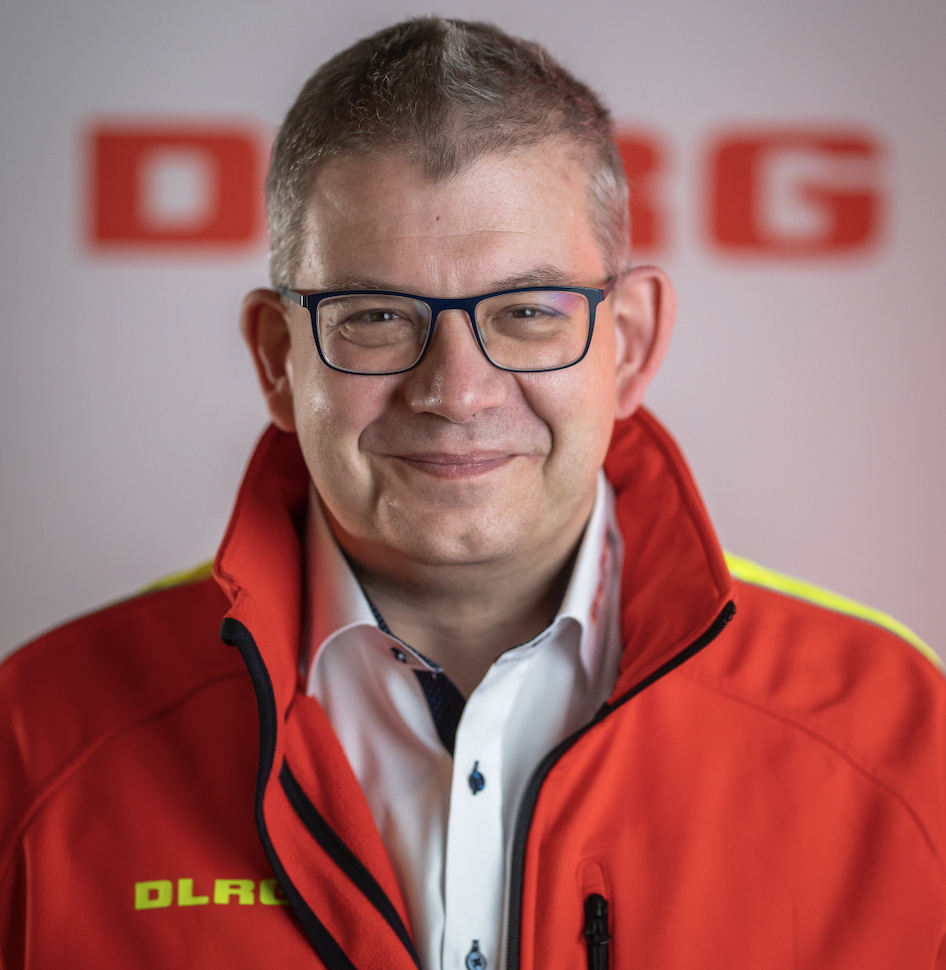
Dirk Bissinger
Germany
Dirk Bissinger PhD is chief quality officer of Merck Healthcare, leading a multinational team of 1,700 employees. Volunteer with the German Life Saving Federation (DLRG) since 1974, he had different roles at local, sub-national and national level. He was elected as member of the national DLRG board of directors in 1999 and vice-president in 2021. During all these years his focus has been on the positioning of lifeguard skills within the European qualification framework, and enhancing the strategy, digitalization and international affairs of lifesaving. His local DLRG club is located at the river Rhine, so floods were with him since he was a young lifeguard – be it for rescue, for disaster prevention or strategic measures how to educate people. Later, his interested in floods raised to a national level. In 2024 he was elected president of ILS Europe.
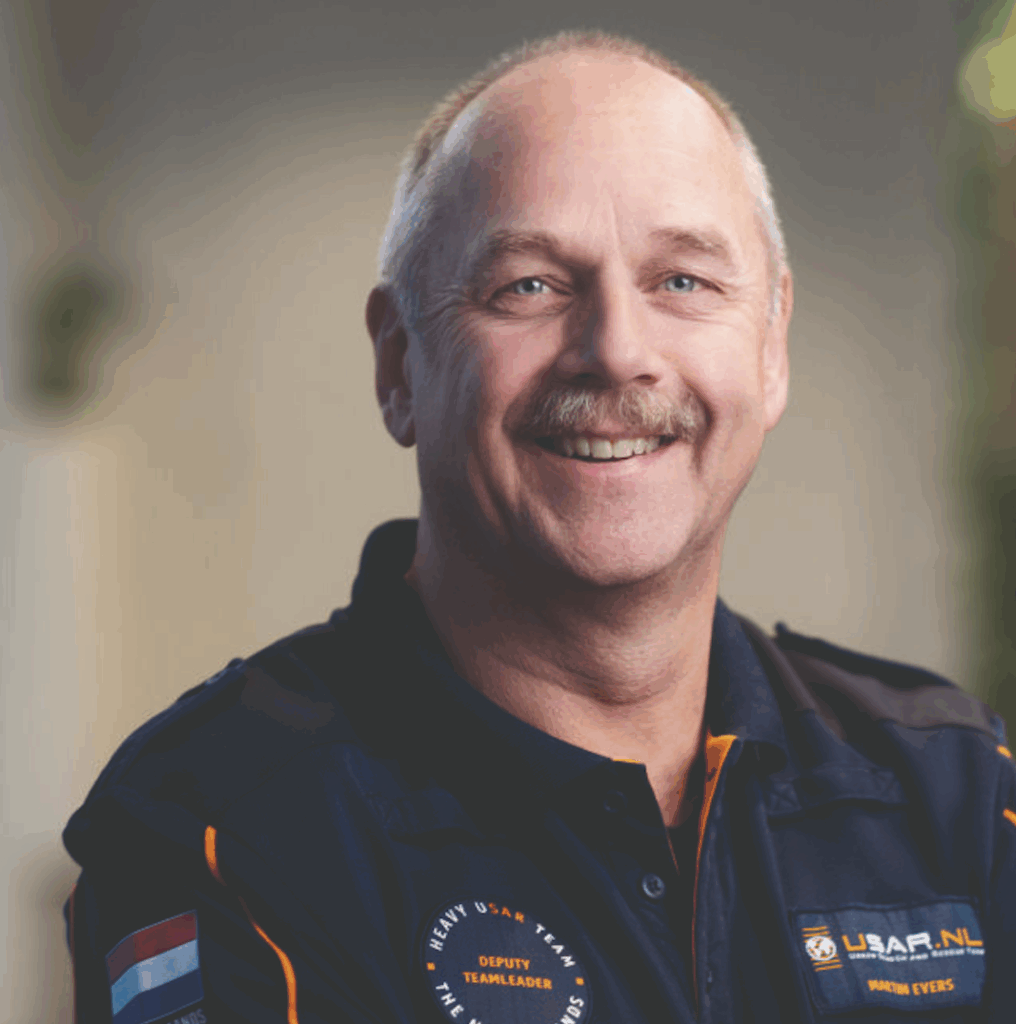
Martin Evers
The Netherlands
Martin Evers MCDM, deputy chief fire officer The Hague County Fire and Rescue since 2010. Deputy National Commander and focal point for the International Search and Rescue Advisory Group (INSARAG) since 2011 with a headquarter role during all USAR.NL deployments since 2011. Co-chair to the global Guidelines Review Group, rewriting the international agreed standards for Urban Search and Rescue (USAR) deployments. Proficient in crisis management, incident command and international coordination.
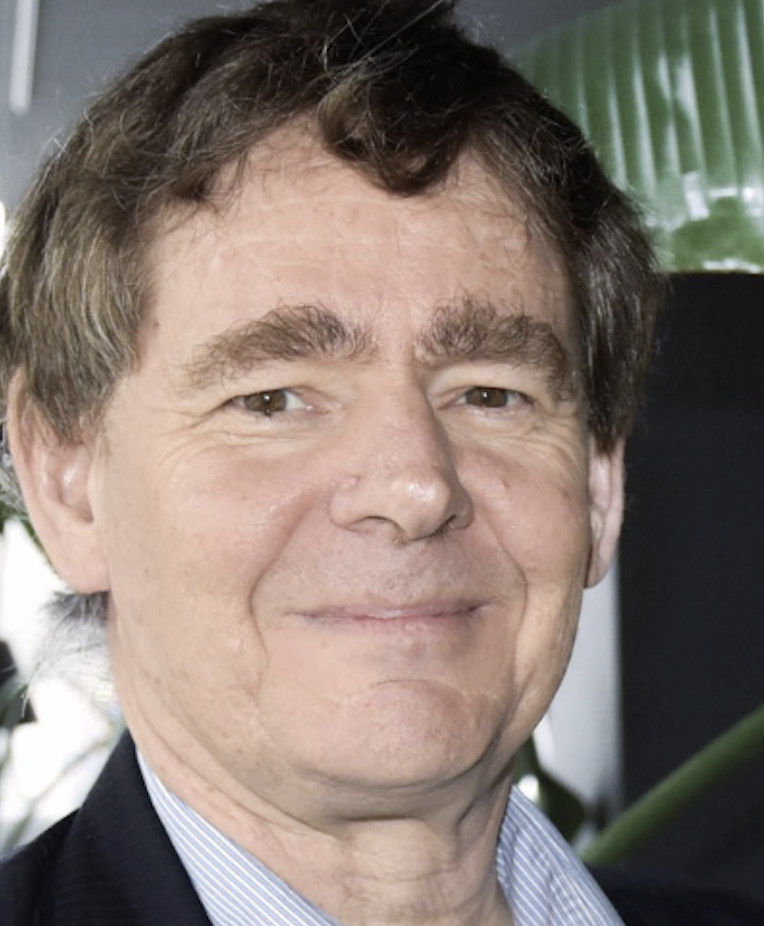
Peter Glerum
The Netherlands
Peter Glerum is project manager of international disaster risk and emergency management projects within Europe and the European neighbourhood. As team leader within the Dutch Disaster Risk Reduction and Surge Support Facility, he has advised on flood risk management in Bosnia & Herzegovina, Greece, Malaysia, Kosovo, Slovenia and Brazil. He obtained extensive experience with the possibilities and limitations of the international response for disasters leading national, EU-funded international flood response exercises and a multi-country project to develop the European standard for flood rescue modules.
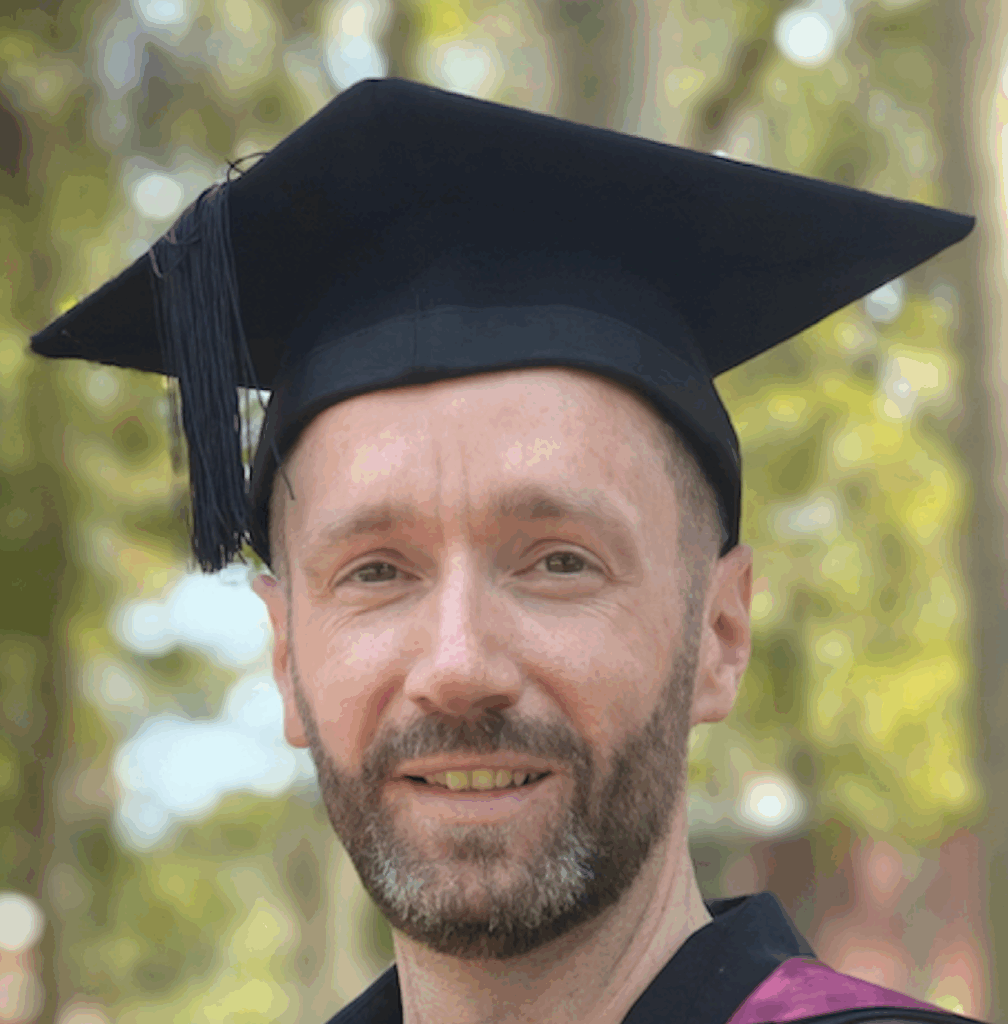
Dan Graham
United Kingdom and Australia
Dan Graham has been an advanced instructor and practitioner in flood and swiftwater rescue disciplines for over twenty years, in which he could integrate his experience as member of mountain rescue teams and first responder for an ambulance service. He co-founded Nile Swimmers reducing drowning in Sudan, worked in refugee camps of Bangladesh, developing disaster preparedness and community risk reduction training programs including monsoon flooding and recently completed a Masters in Disaster Resilience and Sustainable Development at the University of Newcastle (Australia). Dan sat on many different UK, Commonwealth, ILSF committees, and working groups relating to civil protection, flooding and technical rescue and contributed to textbooks on these issues.
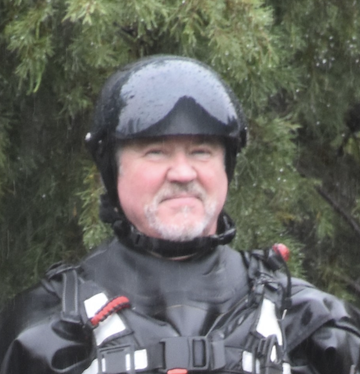
David Lane
United Kingdom
David Lane is the director of the Professional Rescue Academy, United Kingdom. He provided tactical and technical courses in aerial rescue assets, floods and SAR around the world. He is the organiser of the Floodfighters and Watersave Conferences and International Masterclasses in Europe, Australia and USA. For his involvement with flood and water rescue achievements since the early 2000’s, he was awarded the Higgins and Langley Award for “outstanding achievement in swiftwater rescue”. David Lane is an associate of Royal Institute of Naval Architects, member of Institution of Fire Engineers, member of the International Association of Fire Chiefs (IAFC) and member of the IAFC Technology Council.

Bas Kolen
The Netherlands
Bas Kolen Ir PhD is professor Enterprise Risk Management at the University of Amsterdam and scientific director HKV consultants. His expertise covers flood related spatial planning, emergency management, and evacuation as well as sustainable long-term adaptation strategies to climate change. He combines an engineering perspective with a financial and insurance perspective. He was for over 25 years involved in research related flood risk projects in the Netherlands, United Kingdom, Romania, Czech Republic, Japan, France, and the United States of America.

Adrian Mayhew
United Kingdom
Adrian Mayhew is national director of operations for Surf Life Saving GB (SLSGB). He has 20 years experience in fire and rescue service, including leadership of Urban Search and Rescue teams. In this position, either connected to the fire service or SLSGB, he was involved in nearly all major floods in the UK, including the 2007 flood with over 7000 live saved or evacuated. Adrian has been involved in the definition of the UK national flood rescue standards, the organisation of the EU flood exercise FloodEx2009, teaches at a master course on flood rescue in North Carolina, has advised flood rescue services in Tasmania, South Africa and Portugal, and is involved in research conducted at Portsmouth University. Adrian holds various committee positions within the International Lifesaving Federation, is advisor to the UK National Water Safety Forum and member of the United Kingdom Search & Rescue Operators Group and Medical Group

David Smejkal
The Czech Republic
David Smejkal is longstanding member of the Water Rescue Service Czech Red Cross and president during last 18 years. His major field of expertise are crisis management in flood disasters, quick response systems using mobile applications with advanced technologies, and cooperation between SAR, firefighters, police and ambulance services. He attended floods in Czechia since 1997 and is also responsible for water rescue service provided to 17 Czech dams during summer months.
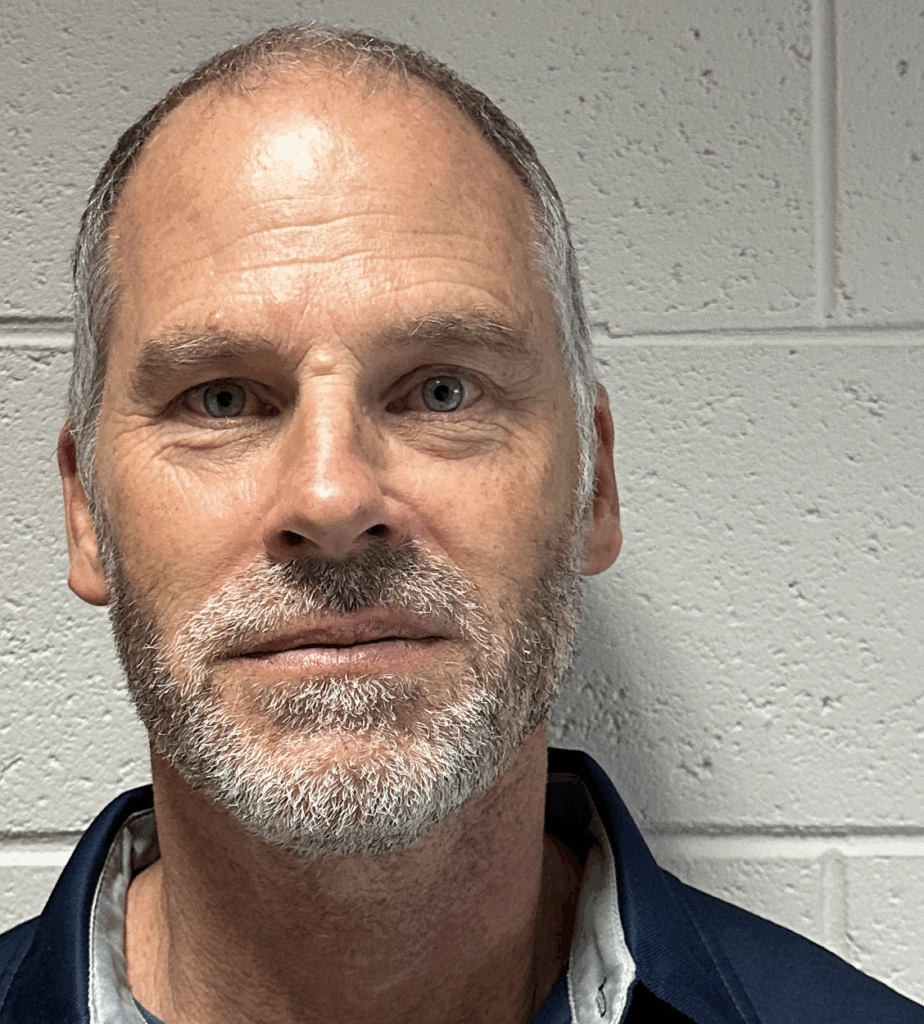
Tony van den Enden
Australia
Tony van den Enden BSc (Hons), MBA, is a qualified marine biologist who became the chief executive officer of Surf Life Saving Tasmania (SLST). Tony is a swift water rescue technician, rescue boat operator, team leader, and he attended flood rescue master class programs in the USA. He conducted aquatic safety risk assessment and community programs in Australia, Fiji, India, Seychelles, South Africa, and Samoa during the 2009 tsunami. He was involved in recent floods in New South Wales, Victoria, South Australia and Tasmania. His expertise and research of best practices resulted in innovations that made SLST becoming Surf Life Saving Australia’s national Centre of Excellence for Flood and Swift Water Rescue.
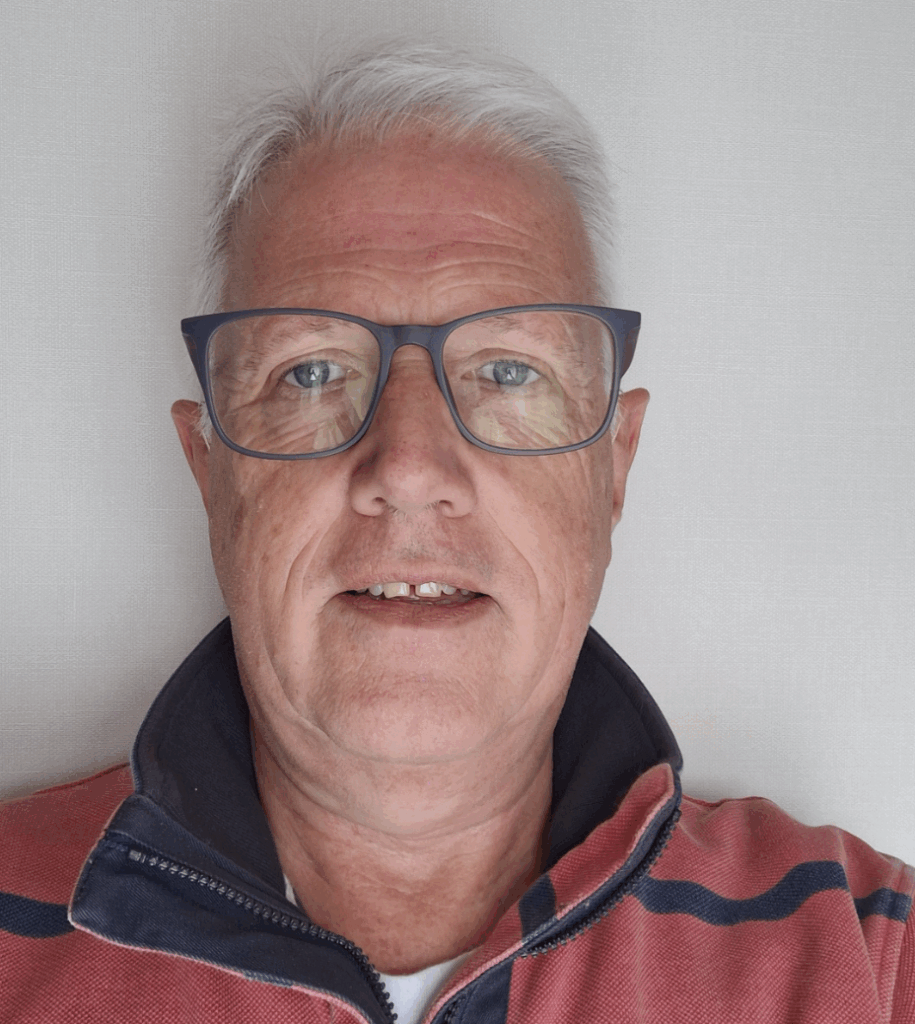
John Wilcox
United Kingdom
As the managing director of Safequip Ltd, John Wilcox has over 45 years of experience in manufacturing, product development, quality assurance, and global sourcing of marine rescue personal protection equipment (PPE), including PPE for flood rescue. He is an advisor to various rescue organisations on water rescue PPE, rescue boats, sleds and rafts specifically designed to meet operational requirements for professional aquatic rescue teams around the world. He is member of various standards committees, reviewing and revising standards based on operational requirements and demands.
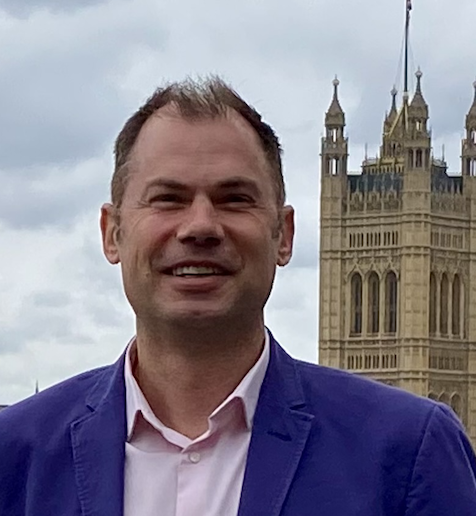
Steve Wills
United Kingdom
The career of Steve Wills began 25 years ago at the Royal National Lifeboat Institution (RNLI), where he advanced international lifesaving initiatives. With a strong foundation in disaster risk reduction, public health, and community resilience, Steve has collaborated with the WHO and UNICEF. Steve’s expertise has been instrumental in major disasters, including as member of the RNLI’s international flood rescue team for over 10 years and rescue specialist in the aftermath of cyclone Haiyan in the Philippines in 2013. Currently, Steve serves as a project manager with the International Maritime Rescue Federation (IMRF). He leverages his experience to advance IMRF’s mission of improving search and rescue operations across the globe.
Schedule
Day 1 – morning 18 November 2025
Priority 1: Understanding flood disasters and the responses needed
Speakers:
- Martin Evers (video lecture) – the Netherlands – UN OCHA INSARAG –
- Peter Glerum – The Netherlands
- David Lane – United Kingdom – IAFC
Understanding where floods come from
- Weather mechanisms
- Flooding: rainfall and rivers
- Flooding: coastal threat
- Future prediction
Understanding the impact of floods
- Exposure and vulnerability
- Social impact
- Economic impact
Global principles of international collaboration during flood response
- Sendai framework
- Regulations, legal aspects, accreditation
- Collaboration – regulations, legal aspects
- Collaboration – between organisations and countries
- INSARAG – USAR
- EU civil protection network
Day 1 – afternoon
Priority 2: Managing flood risks
Speakers:
- Yared Abayneh Abebe – Ethiopia / Netherlands – Delft University of Technology and Pandemic and Disaster Preparedness Centre
- Dan Graham – United Kingdom – Curtin University Perth – Australia
- Bas Kolen (video lecture) – University of Amsterdam – Amsterdam school of economics
Mitigation strategies
- Dikes; inundations; water management
- Early warning systems and weather forecasting
- Evacuation
- Shelter
Health components
- Drowning, chemical, bacteriological consequences – dead bodies, sewege
- Impact on health system: patient logistics, data exchange
- Evacuation of patients
- PTSD
Day 1 – evening
Examples from various countries
Speakers: To be defined later; based on several option from WCDP abstracts
Day 2 – morning 19 November 2025
Priority 3: The role of flood rescue organisations
Speakers:
- David Lane – United Kingdom – IAFC
- David Smejkal – Czech Republic – ILSE
- Tony van den Ende – Australia – SLSA
- Steve Wills – United Kingdom – IMRF
Strategic elements
- Strength and weakness lifesaving organisations during floods
- Understanding the perspective of crisis managers
- Interagency aspects (communication, collaboration, interoperability, integration, standardization)
- Financial aspects
Operational elements
- Leadership on the spot; command and control; tasks, roles, coordination
- Timing
- Training and exercises
- Material
- Safety and dangers
- Future options
Day 2 – afternoon
Priority 4: Lifesaving organisations and communities: linking locally and nationally
Speakers:
- Shayne Baker – Australia – ILS
- Dirk Bissinger – Germany – ILSE
- John Wilcox – United Kingdom – British Safety Council
- Citizen awareness
- Community resilience
- Risk identification
- Education and training: swimming, water survival, floating
- Collaboration
Round-up, questions , evaluation and summary
